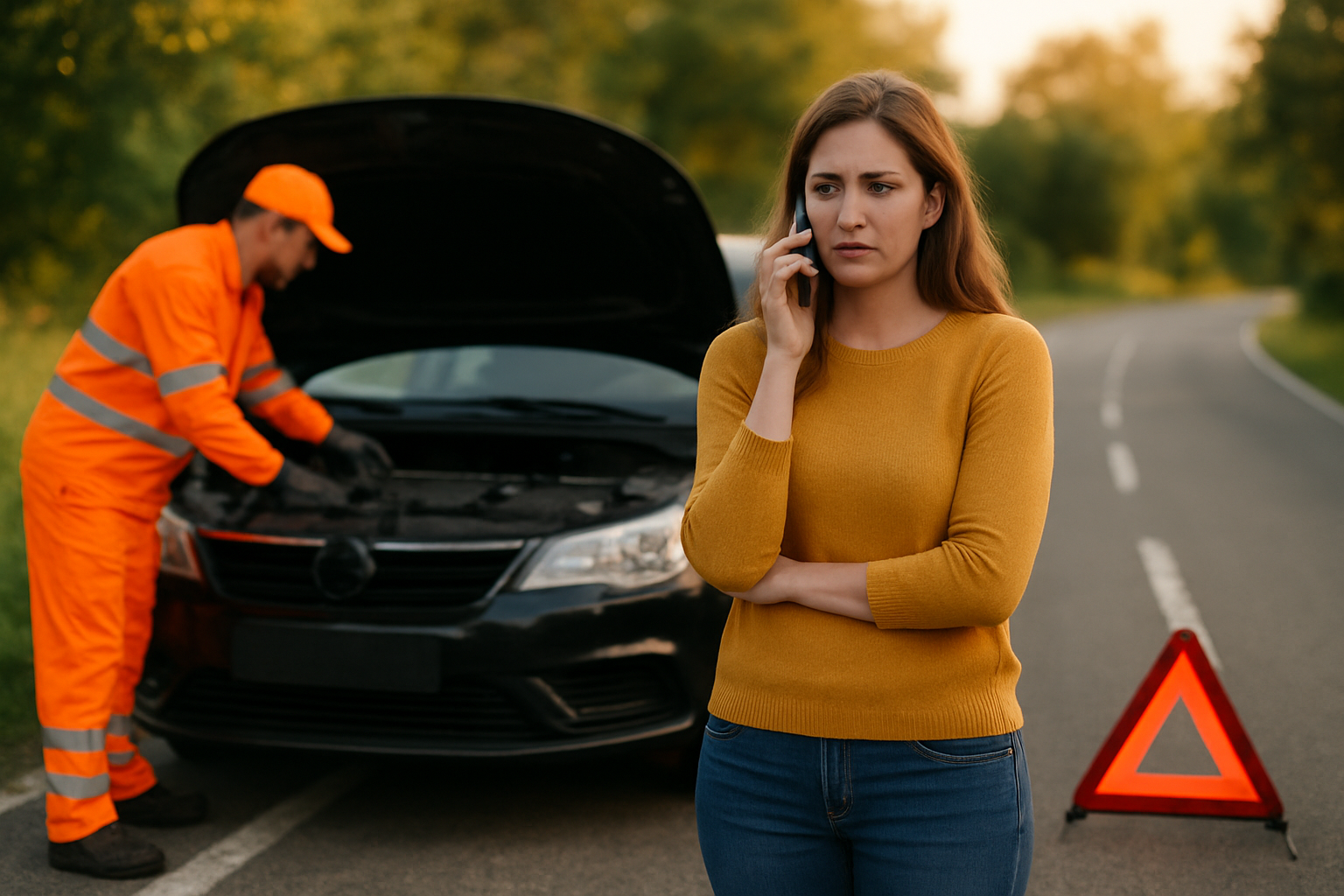Living in a new country brings excitement and challenges. As an expat in Türkiye, you juggle unfamiliar roads, different driving rules, and occasional language barriers. A vehicle breakdown or a roadside emergency adds stress fast. Knowing how roadside assistance works, what services exist, and which numbers to call helps you stay safe and in control.
Why roadside assistance matters for expats
Roadside problems feel bigger when you lack local knowledge. Roadside assistance gives you practical help and local expertise at the moment you need it most.
Assistance reduces downtime, keeps you and your passengers safe, and helps you handle paperwork or communication with Turkish authorities. For example, if your car stalls on the Bosphorus bridge during rush hour, a reliable tow and traffic coordination get you moving faster and avoid fines.
Common roadside services and how they help
Providers in Türkiye offer a range of services. Knowing these services helps you pick the right plan and react quickly when something goes wrong.
- Towing to a repair shop or your preferred location
- Battery jump-starts and battery replacement assistance
- Fuel delivery if you run out of petrol or diesel
- Flat tire change or emergency puncture repair
- Car lockout assistance and key recovery options
- On-site minor repairs to get you moving
- Accident recovery and coordination with police and insurers
- Language support or claims guidance for non-Turkish speakers
These services focus on safety and convenience. If fog, snow, or a broken axle strand you on a rural road, a tow and local knowledge keep you out of danger and on the right path.
How to call and use roadside assistance in Türkiye
Follow a simple routine to get help fast.
1. Move to a safe spot if you can, turn on hazard lights, and set up a warning triangle. Prioritize safety for everyone inside and outside the vehicle.
2. Call emergency services for injury or dangerous situations. For non-life-threatening breakdowns, call your insurer or motor club number first.
3. Give clear information: license plate, vehicle make and color, precise location, and a phone number. Use a landmark, kilometre marker, or GPS coordinates from your phone.
4. Take photos of the scene and any damage. These images help towing teams and support insurance claims.
Example: Your battery dies outside Antalya. You call your insurer’s roadside number, provide your exact GPS coordinates from Google Maps, and request a jump-start and tow. The provider confirms arrival time and sends an SMS with the technician’s name, so you know who to expect.
Emergency numbers and when to use them
Save these essential numbers in your phone and write them on a card you keep in the glove box.
- 112 — Call for medical emergencies and urgent rescue needs
- 155 — Call for police assistance or to report a crime
- 110 — Call for fire and rescue services
Use 112 if anyone gets hurt in a crash or you face an immediate danger. Use 155 to report theft, hit-and-run incidents, or to request traffic police. For roadside breakdowns without injuries, call your roadside assistance provider or your insurer’s emergency line.
Also save these contacts:
- Your insurance company’s 24/7 roadside assistance number
- Your motor club or membership service number
- Your embassy or consulate emergency contact
Preparing ahead: practical checks and what to keep in your car
Preparation cuts stress and cost. Keep key items and documents in your vehicle so you can handle most common problems without delay.
- Copies of your passport, driver’s licence, vehicle registration, and insurance
- Charged mobile phone and car charger
- Reflective vest, warning triangle, and a basic first aid kit
- Flashlight or headlamp and spare batteries
- Spare tyre, jack, and tools for changing a tyre
- Portable battery pack for jump-starting a phone
- Small amount of cash and a credit/debit card for payments
Pick a roadside plan that matches your driving habits. If you commute daily in Istanbul, choose coverage with fast urban response and towing flexibility. If you travel long distances or explore rural areas, add recovery and accommodation benefits to avoid long waits and extra costs.
When you face a roadside problem, act calmly and follow the steps above. Store emergency and provider numbers in your phone, keep essential items in your car, and review your coverage before long trips. These simple actions protect your safety, save time, and keep your expat life in Türkiye running smoothly.

